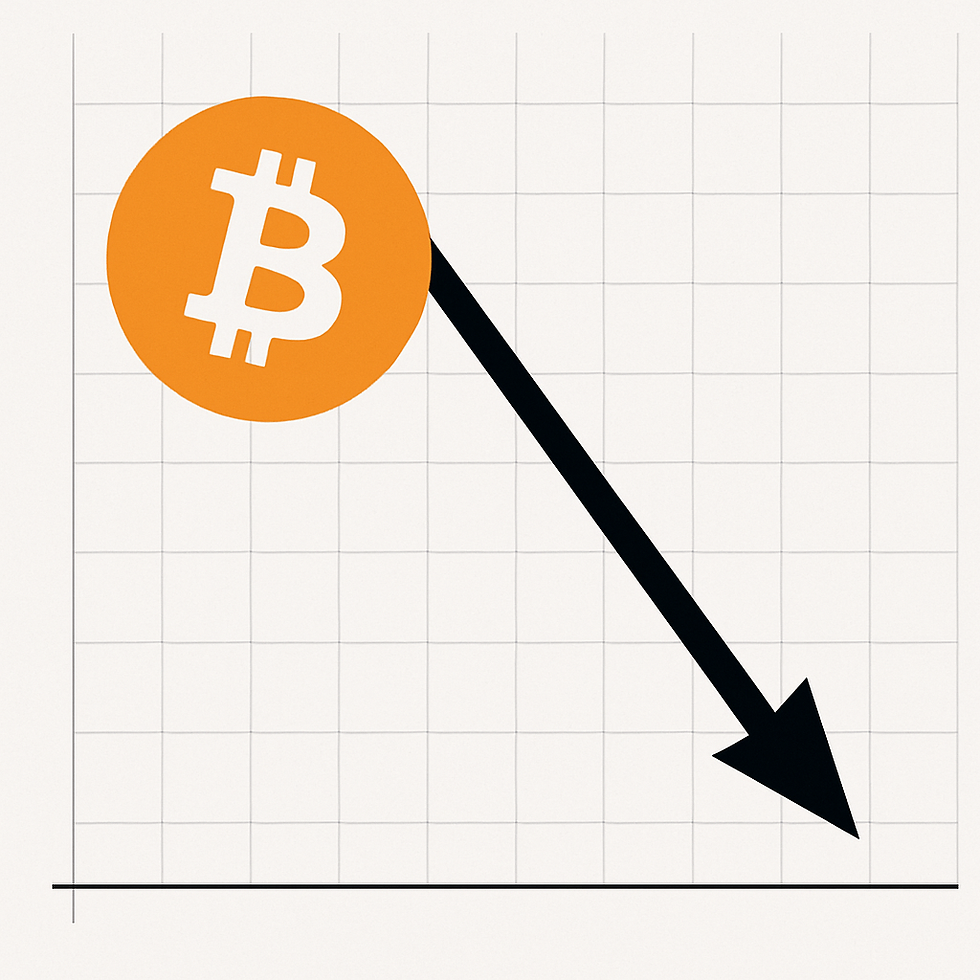Shabbat Tsav and Shabbat HaGadol
- WireNews

- Mar 30, 2023
- 4 min read
The Big One
by Rabbi Jeremy Rosen

The Shabbat before Pesach is always called Shabbat HaGadol. The Great or Major Shabbat. Although the section we will read is Tsav (Leviticus Chapter 6-8:36).
There are two special Shabbatot in the year, this, and Shabbat Shuva, between Rosh Hashanah and Yom Kipur. Special in the sense that the community prepares both psychologically and to study the religious requirements of these upcoming special occasions. Until relatively recently, these were the only occasions when rabbis gave sermons in synagogues. Synagogues were for praying. The study halls and academies were for learning. But just as the enlightenment led to Jews imitating local religious customs and adopting canonicals, so too did they adopt the idea of regular sermons.
According to tradition, there are several reasons for this name great Shabbat. The most popular one, one mentioned in the Shulchan Aruch, that sixteenth-century manual of Jewish Law, is that the Children of Israel were told to tie up sheep three days before the Exodus in preparation for the Pascal Sacrifice, the focal point of the meal that would be the forerunner of our Seder Night. Sheep were a sacred animal of the Egyptians. This would have been seen both as sacrilege and as a public act of defiance.
Yet this was before the final plague and Pharaoh was still in charge. Even so, nothing happened to the populace. This was the beginning of the realization that things were about to change. The miracle of the Exodus came in stages.
The great MahaRaL, Rabbi Loewe of Prague (he of the mythical Golem) said that Shabbat Hagadol was primarily about future redemption. He lived during the sixteenth century, a time of constant oppression and suffering, and looked forward to redemption to come to match the delivery from slavery in Egypt. This is why the Haftara we read talks about the Great Day in the Future, the great Yom HaGaDOL when Elijah will come, as the Mishna says echoing the words of the prophet Malachi “To bring exiles back home and reconcile fathers to sons, sons to fathers and bring peace to the world.” As a result at the Seder we symbolically welcome Elijah into our homes and set a cup of wine aside for him.
Another reason for Shabbat HaGadol is mentioned by Saadyah Gaon in Babylon at a time when the Jewish community was split. Like today! The Karaite movement that rivaled the mainstream Talmudic tradition only accepted the literal text of the Bible. It won many adherents and almost became the dominant wing of Judaism a thousand years ago thanks to the magnetism of its leader Anan Ben David.
One of the points of disagreement between the rabbis and Karaites was the date for Pesach. After describing the festival, the Torah says that the Omer, the first sheaf of the annual crop of grain should be brought to the Temple “The Day after the Shabbat” which the rabbis claimed that it meant the first day of Pesach. The Torah often refers to Festivals as Shabbat as well. But the Karaites took it literally and insisted that this meant that the First day of Pesach always had to be the nearest Shabbat to the middle of the first month of Nissan. The Omer would then be brought to the Temple the following day which had always to be on the first day of the week. The rabbis insisted that Pesach should be on the 15th of Nissan regardless of the day of the week. And on the following day, the Omer would be brought. To assert their opinion, they insisted on calling the Shabbat before Pesach Shabbat HaGadol specifically to get one over the Karaites.
This of course reminds us of all the schisms, differences, and customs that have characterized us since the time of Moses, the two kingdoms, the second Temple, the Karaites, kabbalists, and Chassidim right up to this very day.
Given the current tensions in Israel between the Right and the Left, the Religious and the Secular, and the very different kinds of a State the sides long for, there doesn’t seem to be much chance of the two sides coming together at the moment and yet somehow we have survived and always managed to come through the crises. This is why this year on Shabbat HaGadol we have a very specific reason to hope and pray for reconciliation and common sense.
Shabbat Shalom and Happy Pesach
Jeremy
###
Jeremy Rosen was born in Manchester, England, the eldest son of Rabbi Kopul Rosen and Bella Rosen. Rosen's thinking was strongly influenced by his father, who rejected fundamentalist and obscurantist approaches in favour of being open to the best the secular world has to offer while remaining committed to religious life. He was first educated at Carmel College, the school his father had founded based on this philosophical orientation. At his father's direction, Rosen also studied at Be'er Yaakov Yeshiva in Israel (1957–1958 and 1960). He then went on to Merkaz Harav Kook (1961), and Mir Yeshiva (1965–1968) in Jerusalem, where he received semicha from Rabbi Chaim Leib Shmuelevitz in addition to Rabbi Dovid Povarsky of Ponevezh and Rabbi Moshe Shmuel Shapiro of Yeshivat Be'er Ya'akov. In between Rosen attended Cambridge University (1962–1965), graduating with a degree in Moral Sciences.








